The tourism sector is considered a "hot spot" for online fraud with many sophisticated tricks, targeting the peak tourist season, requiring consumers to be cautious and check information carefully.

In the context of the peak tourist season, risks when booking online services are increasingly appearing in many forms, from false advertising, unfavorable cancellation and exchange conditions to the risk of insecurity in payment and personal information security. The National Competition Commission ( Ministry of Industry and Trade ) assesses that fraudulent tricks are increasingly sophisticated and difficult to identify, requiring consumers to always be vigilant and cautious in all transactions and promptly report to the authorities when detecting unusual signs.
Due to increasingly sophisticated frauds in the field of online tourism, the National Competition Commission has just issued recommendations for consumers to practice smart consumption, always be vigilant, proactively research and verify information before making transactions. When detecting unusual signs, consumers need to promptly report and send complaints to the authorities, thereby protecting their legitimate rights and interests.
In addition, the National Competition Commission emphasized that businesses and sales agents must absolutely comply with legal regulations, be transparent in all transactions, and put the interests of customers first. This is not only a legal obligation but also a key factor in building reputation and brand, contributing to the formation of a transparent, safe and sustainable tourism business environment.
With the function of protecting consumer rights, the National Competition Commission will continue to strengthen inspection and supervision, closely coordinate with ministries, branches and localities to prevent and strictly handle fraudulent acts; promote propaganda, disseminate knowledge and provide guidance to consumers through official channels.
When people need more information, or have feedback or complaints related to online tourism services, they can directly contact the Consumer Consulting and Support Hotline 18006838 (free, nationwide) or visit the website www.bvntd.gov.vn/khieu-nai to be received, answered and supported promptly.
Double check information from multiple sources
For consumers, the National Competition Commission recommends being especially cautious when approaching advertisements for cheap tours and “shocking deals” in resort combos on social networks. Before booking a service, you should carefully check information from various sources such as the official website, the hotel’s support center, the airline or reputable applications.
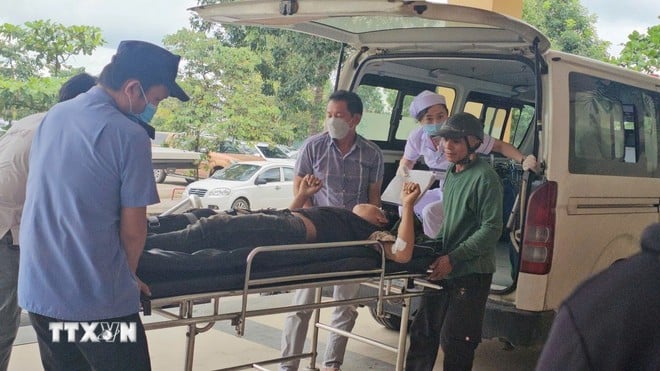
Consumers need to carefully compare the phone number, email, and bank account provided by the seller with the public information of the business. Check the transparency of the selling account: most fake accounts are often newly created, recently changed their name, or have only a few advertising posts. If you detect any unusual signs, you should absolutely not transfer money, especially to a personal account.
After making a deposit, consumers need to proactively contact the official phone number of the airline, hotel, or resort to verify the booking code and ticket code. All transactions must be made on an official platform, with a clear invoice and confirmation process.
In case of suspected fraud, people need to keep all evidence (messages, emails, receipts, photos of fake websites/fanpages, etc.) and promptly report to the competent authorities for support and handling.
For businesses, the reputation of the tourism industry cannot be separated from the responsibility of the business. Transparent disclosure of licenses, addresses, phone numbers and official contact channels is a prerequisite.
Businesses need to regularly warn about counterfeiting, guide customers to distinguish between real and fake sites, and coordinate with authorities when fraud is detected. Investing in data security and proactively handling complaints is the way to maintain long-term customer trust./.
According to information from the Department of Cyber Security and High-Tech Crime Prevention (A05, Ministry of Public Security), from the beginning of 2025 until now, nearly 1,500 cases of online fraud have been detected, causing losses of more than 1,660 billion VND. In particular, the tourism sector is considered a "hot spot" with many sophisticated tricks, aimed directly at the peak tourist season. Many cases have been prosecuted, typically in Lao Cai province, two subjects impersonated a hotel fanpage in Sa Pa to defraud more than 500 tourists. In Lang Son province, another online tourism fraud ring appropriated more than 250 million VND from 80 victims in just 15 days. | |
Source: https://baolangson.vn/nong-lua-dao-dich-vu-du-lich-truc-tuyen-can-than-trong-voi-cac-uu-dai-soc-5059260.html


![[Photo] National Assembly Chairman Tran Thanh Man attends the VinFuture 2025 Award Ceremony](/_next/image?url=https%3A%2F%2Fvphoto.vietnam.vn%2Fthumb%2F1200x675%2Fvietnam%2Fresource%2FIMAGE%2F2025%2F12%2F05%2F1764951162416_2628509768338816493-6995-jpg.webp&w=3840&q=75)

![[Photo] 60th Anniversary of the Founding of the Vietnam Association of Photographic Artists](/_next/image?url=https%3A%2F%2Fvphoto.vietnam.vn%2Fthumb%2F1200x675%2Fvietnam%2Fresource%2FIMAGE%2F2025%2F12%2F05%2F1764935864512_a1-bnd-0841-9740-jpg.webp&w=3840&q=75)



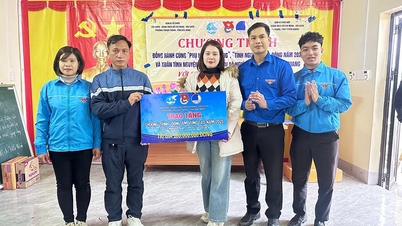



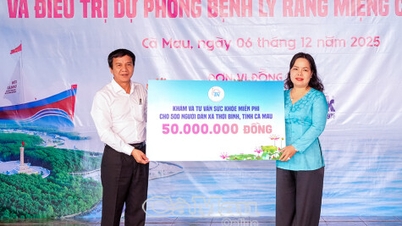

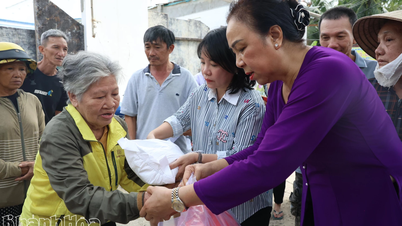









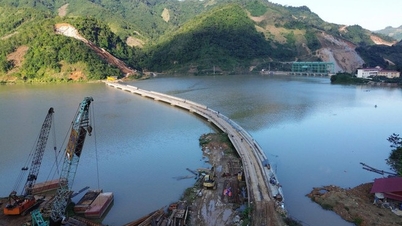
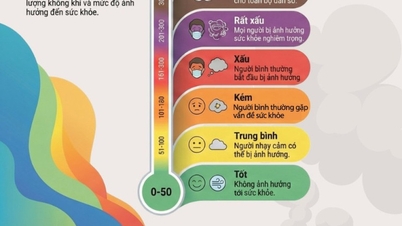
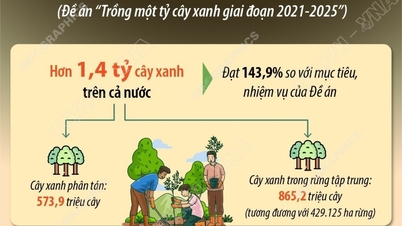
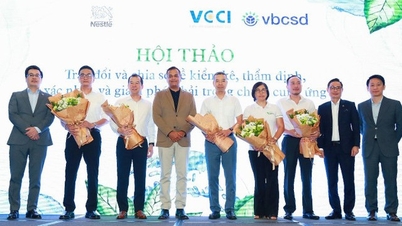
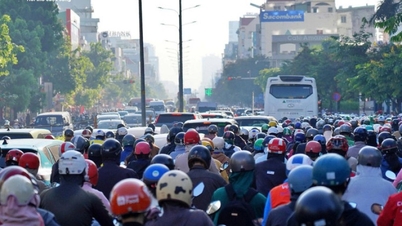
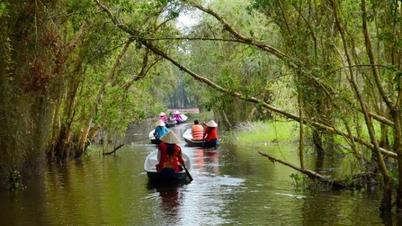










































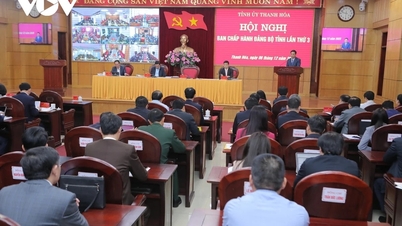





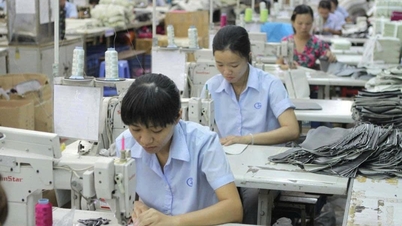
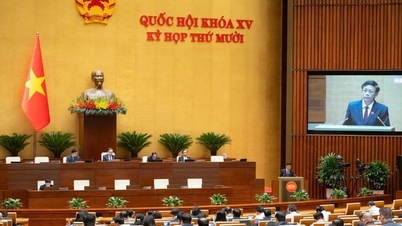



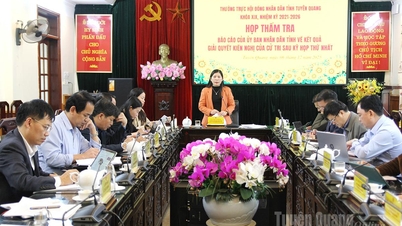
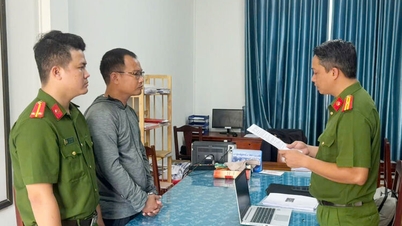

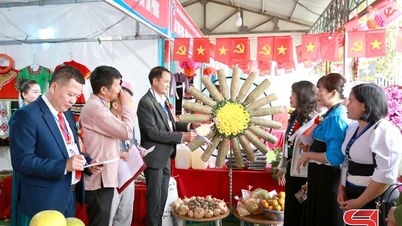

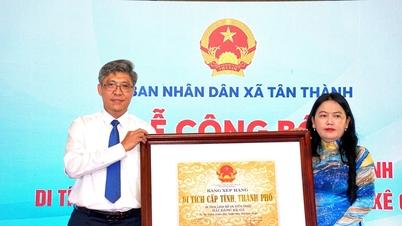
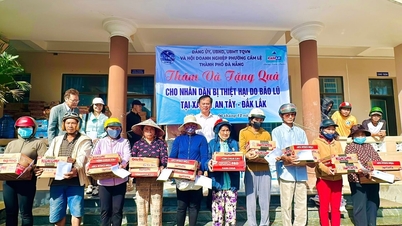

















Comment (0)